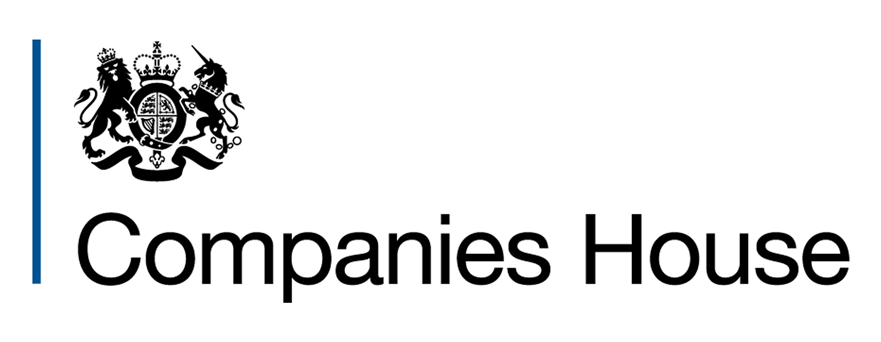
While most people know Companies House to be the official register of all UK companies, many are unaware that it also serves as a criminal investigation and prosecution agency. In a blog, Andrew Katzen sets out the agency’s prosecution statistics, and briefly explains the steps directors who find themselves under investigation can take.
+++++
Companies House is empowered to investigate and prosecute individual company directors who fail to fulfil their obligations under the Companies Act 2006.
The agency can prosecute company directors with a range of offences, but the most common charge is for failing to file annual company accounts on time. The other commonly charged offence is failing to deliver the confirmation statements by which Companies House is assured that the information it holds about a company is correct.
The maximum penalty for either of these offences is a fine. But a convicted individual will have criminal record and anyone who receives three convictions for offences of this type within a five-year period may be disqualified from working as a company director.
But how active is Companies House in using its criminal investigatory and prosecutorial powers? What are the potential outcomes for a company director who finds themselves under investigation? And what can an individual facing Companies House scrutiny do best protect their position?
How many directors does Companies House prosecute?
Companies House data shows that during the financial year 2021/22 the agency charged a total of 1,467 individual directors with either failing to deliver annual accounts or failing deliver confirmation statements. Of these individuals, 761 were convicted – a conviction rate of 52%.
The total number of companies involved in Companies House criminal proceedings during financial year 2021/22 was 1,168.
Failing to deliver annual accounts was the most common criminal charge brought by Companies House. The agency brought a total of 1,364 charges for this offence during the financial year 2021/22. It brought 624 charges for failing to deliver confirmation statements over the same period.
The 2021/22 data refers only to prosecutions in England and Wales and is the latest information for which data is currently available. Compared to preceding years, 2021/22 was a relatively quiet year for Companies House prosecutions. However, we can assume that the agency’s prosecutorial activities were significantly impacted by the Covid pandemic.
In my experience working in this area of law, the number of criminal prosecutions being brought by Companies House has significantly picked up since the end of the Covid restrictions. I expect the number of reported cases to rise significantly when the next set of official data is released.
Over the eight years until 2019/22 (i.e. before the pandemic) the total number of directors summonsed to court stayed relatively steady at around 4,000 per year. The conviction rate remained equally steady at roughly 50%.
How does Companies House bring prosecutions?
The evidence required by Companies House to bring a prosecution for failing to deliver annual company accounts is not particularly complex. All the agency needs to prove is:
- that the defendant was a director immediately before the end of the period to file the accounts;
- that the filing deadline has expired, and;
- that Companies House didn’t receive the documents by that time
If Companies House considers these three criteria to be fulfilled, then it will send a warning letter, or email, to the individual director in question. This generally threatens enforcement action unless the missing accounts are delivered forthwith.
If the requested documentation is not forthcoming, then Companies House can strike the company off the register and/or prosecute by obtaining a summons, ordering the director in question to attend Cardiff Magistrates’ Court at a particular time and date.
In addition, once the accounts are filed Companies House can issue an administrative penalty either as an alternative or in addition to a prosecution.
It is worth noting that directors who have resigned their directorships by the time of the summons sometimes can still be prosecuted for late filing of accounts. Liable directors are those who were in place immediately before the end of the period to file the accounts.
What are the defences against Companies House prosecution?
While Companies House offences may appear to be ‘strict liability’ (i.e. offences to which, if the criteria are met, there are no possible defences), this is not the case.
One can successfully defend against the charge of failing to file company accounts on time by showing that the director ‘took all reasonable steps for securing that those requirements would be complied with before the end of that period’.
In order avail themselves of this defence, the accused director must both raise it, and then prove it. This contrasts with the situation most other criminal prosecutions where the onus is on the prosecution to disprove a defence.
It is insufficient for an accused director to show they took ‘some’ or ‘many’ reasonable steps to ensure the accounts were filed on time. The legislation is explicit that they should show they took ‘all’ reasonable steps.
What should a company director who is contacted by Companies House in relation to a prosecution do?
Any director who is contacted in relation to enforcement of breaches of criminal law by Companies House is strongly advised not to ignore this communication. Constructive engagement with Companies House, at an early stage in its enquiries, can prove crucial in establishing a defence and/or dissuading Companies House from prosecuting.
Equally, anyone who receives a summons to court from Companies House is advised not to ignore it.
The director will be required to either attend Court personally, or through a lawyer, or via correspondence and indicate a plea to the charge. If a not guilty plea is entered a trial will be listed and the director will have to attend and may give evidence and call witnesses.
What are the chances of being convicted for a Companies House offence?
The straightforward nature of the evidence required by Companies House to bring a prosecution may give the impression that it is easy for the agency to win a conviction.
But the agency’s own data shows this may not be as simple as it seems. Over the financial year 2021/22 the agency’s conviction rate of directors charged with either failing to file accounts, or failing to delivery confirmation statements was 51.9%.
This contrasts with the CPS’s conviction rate of 82.4% (although the range and type of offences dealt with by each of these agencies is very different).
Well drafted submissions setting out the matters of law and fact relied upon can sometimes prevent proceedings or persuade Companies House to withdraw a prosecution. Getting the content and tone right is critical and, if done well, it can make a real difference to the outcome of a case.



